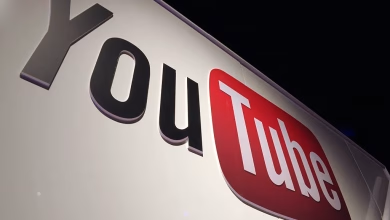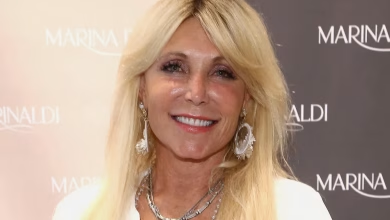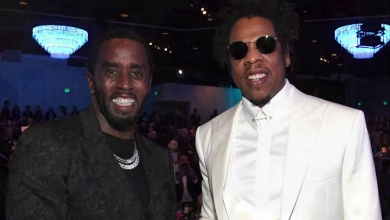TikTok Trends Are Speeding Up Songs But Are We Forgetting The Originals?

In the digital age, music fans are increasingly familiar with 15-second sped-up snippets of songs, often more so than the original tracks themselves. This phenomenon has been fueled by social media platforms, particularly TikTok, where creators alter the tempo of popular songs by 25-30% to accompany viral dance videos or other themes.
These sped-up versions have not only captured the public’s attention but have also influenced official music charts. For instance, in November 2022, fan-made sped-up versions of RAYE’s single “Escapism” played a key role in propelling the track to number one on the UK Official Singles Chart, nearly three months after its initial release.
The trend began with the lyric: “The man that I loved sat me down last night and he told me it was over, dumb decision,” prompting users to share their own “dumb decisions” using sped-up versions of the song.
A Modern Challenge for Musicians
The emergence of sped-up listening presents a unique challenge for artists: how to create a hit when the version that gains popularity may sound markedly different from the original. The concept of speeding up music is not new; it began in the early 2000s with “nightcore,” a style introduced by a Norwegian DJ duo who sped up the pitch and tempo of songs.
Today, this trend is prevalent on social media apps where users can accelerate podcasts, voice notes, and videos. Spotify reports that in 2023, over a third of US listeners sped up podcasts and nearly two-thirds played songs at a faster tempo. The streaming service is currently testing a feature that could allow users to remix song tempos and share them more widely.
Dr. Mary Beth Ray, an expert in digital music culture, explains that short-form video platforms like TikTok “constrain our ways of listening” into brief snippets but also provide a new way to experience music. “Short clips provide a quicker line to that dopamine rush social media wants us to feel,” she says, acknowledging the addictive nature of the trend.
Industry Reactions
BBC Radio 1 DJ Maia Beth notes that the trend has become impossible for established labels and musicians to ignore. “It can sometimes feel like if they don’t release the [sped-up] version, then someone else will,” she observes. While she admits she can’t imagine listening to a sped-up version of a song in its entirety, she believes that these versions can help artists gain visibility, although their success may be fleeting.
Unlike professional remixes, these sped-up or slowed-down versions are typically shorter and can be easily created by anyone on platforms like TikTok and Instagram Reels. Despite their informal nature, some major pop stars have embraced them. In 2022, Summer Walker released the first entirely sped-up album, a remix of her 2018 record “Last Day of Summer,” following a TikTok dance trend. Billie Eilish and Sabrina Carpenter have also released official fast and slow versions of their songs.
TikTok reports an increase in the number of sped-up and slowed-down versions of tracks that have been taken off the platform and later officially released. These altered versions are now included with the original song in chart rankings, contributing to artists’ success.
Artist Perspectives
However, not all artists are pleased with this trend. Lil Yachty expressed embarrassment over additional versions of his song “A Cold Sunday” and requested their removal. Similarly, during Steve Lacy’s “Give You The World Tour,” fans were observed not singing along to his hit “Bad Habit,” with some attributing this to the popularity of a sped-up snippet version.
Despite mixed reactions, the trend of adjusting song speed and tempo appears to be a fixture in the music industry. London-based artist and producer tonka._.b reflects on the creative process: “I like listening to my song three times over—sped-up, slowed, and normal—as each gives a totally different feel, each opening the door to new audiences.”






